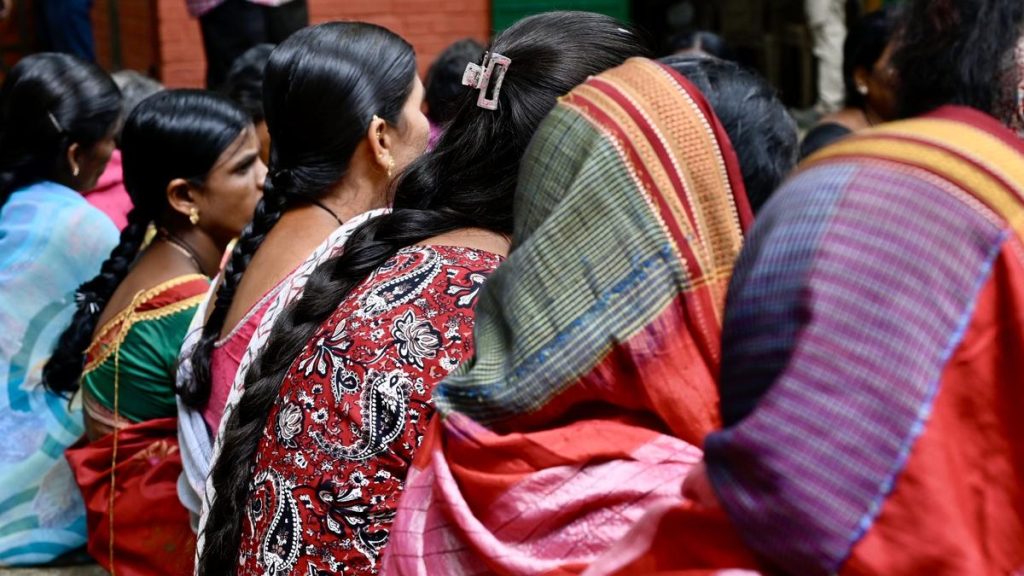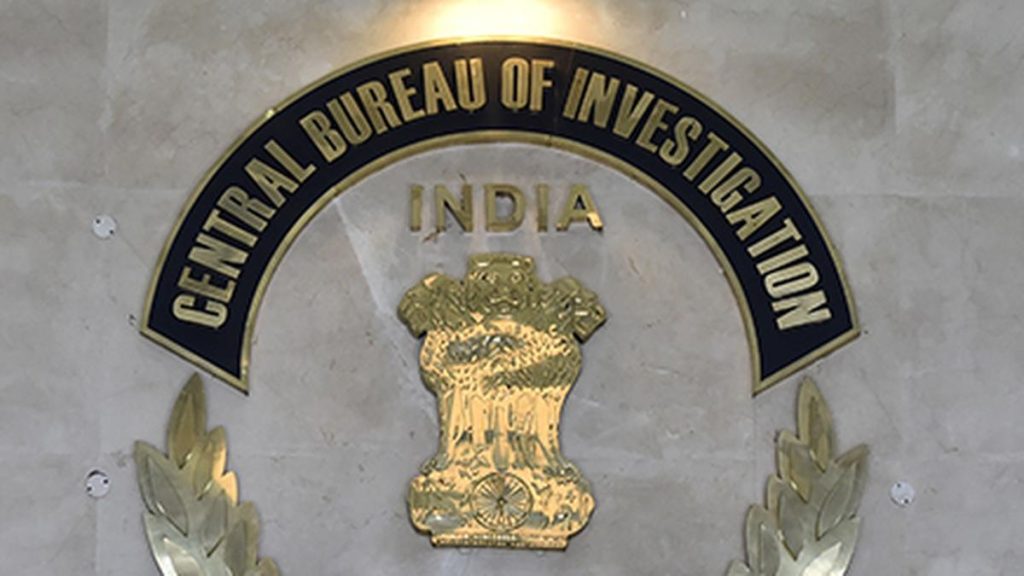Now Reading: Hyderabad Police Bust Illegal Surrogacy and Baby-Selling Racket; 10 Arrested, Including Clinic Head
-
01
Hyderabad Police Bust Illegal Surrogacy and Baby-Selling Racket; 10 Arrested, Including Clinic Head
Hyderabad Police Bust Illegal Surrogacy and Baby-Selling Racket; 10 Arrested, Including Clinic Head

### Quick Summary:
– North Zone Police uncovered an illegal surrogacy and baby-selling racket masquerading as fertility treatment in Hyderabad and Andhra Pradesh.
– The head of Universal Srushti Fertility centres, Athaluri Namratha (alias Pachipala Namratha), 64, along with her son Pachipala jayanth krishna (25) and others, is accused of running the operation.
– At least 10 individuals have been arrested in connection with the racket; they include medical professionals such as embryologists and anaesthesiologists.- Clinics operated without valid licenses, violating medical regulations regarding embryo creation and implantation.- couples were charged between ₹20 lakh to ₹30 lakh under false pretenses of fertility treatments or surrogacy while newborns were trafficked using forged documents such as fake birth certificates.
– Women carrying unwanted pregnancies were reportedly paid to deliver babies that would later be handed over fraudulently as surrogacy outcomes.
– A couple’s DNA test revealed they had received a child unrelated to them biologically after paying fees at the clinic; their complaints led to uncovering the racket.
– The biological parents of one sold child from Assam were also arrested for participating in this scheme.
– Past cases against Universal srushti Fertility Centres are documented across police stations in Visakhapatnam, Guntur, Hyderabad, etc., highlighting repeated offenses.
—
### Indian Opinion Analysis:
The discovery of this illegal surrogacy and baby-selling racket exposes serious gaps in oversight within India’s assisted reproduction sector despite existing laws like the Surrogacy Regulation act (2021). While infertility clinics are meant to provide legitimate help for couples eager to have children ethically, unchecked operations could erode trust within both potential clients and society at large toward reproductive healthcare services.
India’s adoption processes already face bureaucratic hurdles; schemes like these risk delegitimizing efforts toward legal child adoptions or ethical IVF practices by exploiting vulnerable groups-be it parents struggling with infertility or low-income women seeking financial stability.Law enforcement’s ability to uncover extensive evidence points positively toward stringent action ahead; however systemic corrections via stricter regulatory enforcement become essential not just punitive arrest chains visible long-term patterns seen inquiry/charges-ranging regions highlight failures structural gap prevention vital avoid repeat grave violations undermining human rights advocacy bioethical standards nurtured credibility professional medical ecosystem serving hopeful deserving families promptly ethically conforming permissible acts obligations national global safe/ accountable practices mandates imperative higher benchmarks safekeeping dignity hopeful caretakers health public domains conclusively safeguards institution positioned equitably inclusive.
(Read more: [Source](https://www.thehindu.com/theme/images/th-online/1x1_spacer.png))

























